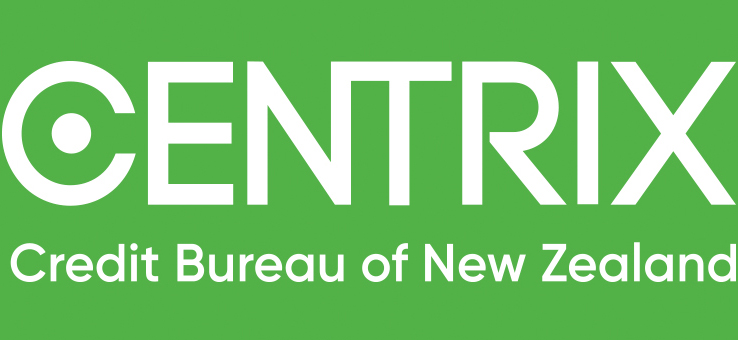Why fraud should be front of mind for Kiwi business owners

Over the last decade, fraud has gone global. As more and more business is conducted internationally through technology, we’re seen increasing risks for businesses and organisations.
In PwC’s Global Economic Crime and Fraud Survey 2020, the average number of frauds recorded by companies globally was six – with the most common being customer fraud and cybercrime.
And the most common external perpetrators of fraud? Customers.
For business owners, it’s important to do your due diligence when it comes to your customers. While we’re an island nation at the bottom of the Pacific, this doesn’t mean we’re immune to fraudulent criminal activity.
Identifying legitimate customers
As customers continue to demand faster, more efficient transactions, Kiwi business owners are under increasing pressure to do more transactions quickly. This is where pressure points can begin to show and the area where fraudsters will target to fill their pockets at a cost to business bottom lines.
When opening lines of credit for new customers and suppliers, business owners need to make sure they are dealing with a legitimate person or entity to protect both themselves and their existing customers.
Not only this, but there’s a broader impetus for business owners to verify their customers in line with New Zealand’s Anti-Money Laundering and Countering Financing of Terrorism legislation.
While this might sound like something from the movies, it’s a very real threat to Kiwi businesses.
Background checks and reports from specialist agencies help verify the quality of prospective customers.
There are a range of credit and identification checks that can do this by checking multiple databases including credit accounts, energy accounts, property ownership records, driver licence and passport records, and that’s where we can help.
By doing a credit and identity check and catching fraudulent applications early, business owners can make informed decisions and have peace of mind that their business is dealing with a legitimate customer or venture.
To assist further, there is now a new national database called Fraud Share, New Zealand’s cross-industry fraud database. It enables participants to securely share fraud data with a view to detecting and preventing fraud to protect customers, reduce fraud losses, and increase investigation effectiveness.
And sometimes, good old-fashioned intuition can be a godsend. If you are approached by a customer that seems too good to be true, they probably are.
Protecting against identity theft
But it’s not just businesses losing out monetarily. As we become increasingly digitised, businesses are often holding on to huge amounts of sensitive customer data. It’s your responsibility to abide by best practices and – more importantly – the law.
There are stringent data and privacy laws in place to protect customers from having their personal data exploited. Unfortunately, identity theft is a very real issue in Aotearoa and globally.
As a rule of thumb, only keeping personal data for as long as necessary (usually 30 days) will help reduce the risk of leaks and identity fraud on a major scale.
Ultimately, along with doing the necessary identity checks for legitimacy, education is crucial.
Business owners, as well as employees, need to ensure diligence and security are top of mind – especially when dealing with sensitive data or financial information.
For example, don’t assume that a website is based in Aotearoa if the URL ends in .nz, and never provide company login details to anyone over the phone or email – especially someone claiming to be a representative from a bank.
And as the world becomes increasingly connected, businesses and individuals will need to be even more savvy when it comes to protecting themselves from fraud.
Victims of fraud risk losing massive amounts of money, as well as reputation, should a major business-disrupting instance of fraud occur.
On a larger scale, businesses might be unwittingly involved in even more malicious criminal activity like illegal money laundering or the financing of illicit groups.
According to the Ministry of Justice, an estimated $1.35 billion from fraud and illegal drugs is laundered through legitimate businesses annually.
Often made up of several complex transactions, criminals can disguise where their illegally earned money comes from. The weak points they target in business are those who don’t have robust identity or credit checks in place, in order for this transactional behaviour to remain undetected.
These are just some of the fraud risks facing Kiwi businesses. Despite our geographic location, globalisation makes it even more important for small business owners to consider fraud with every new customer.
This means being vigilant and committed to doing the right credit and identity checks before starting any sort of formal relationships with new customers.
We can help. Call us today on 0800 236 874 and ask to speak to one of our team about how they can help you protect your business.
Article by; Mark Rowley, Chief Operating Officer at Centrix
